Custom Roll Cages
At PFAB, we've spent years designing and fabricating custom roll cages for the ATV/SXS community. Through our experience, we've identified several critical aspects of roll cage design and safety that many riders overlook. Here's what you need to know to make informed decisions about your safety equipment.
The Truth About Roll Cage Safety: What Every Owner Should Know
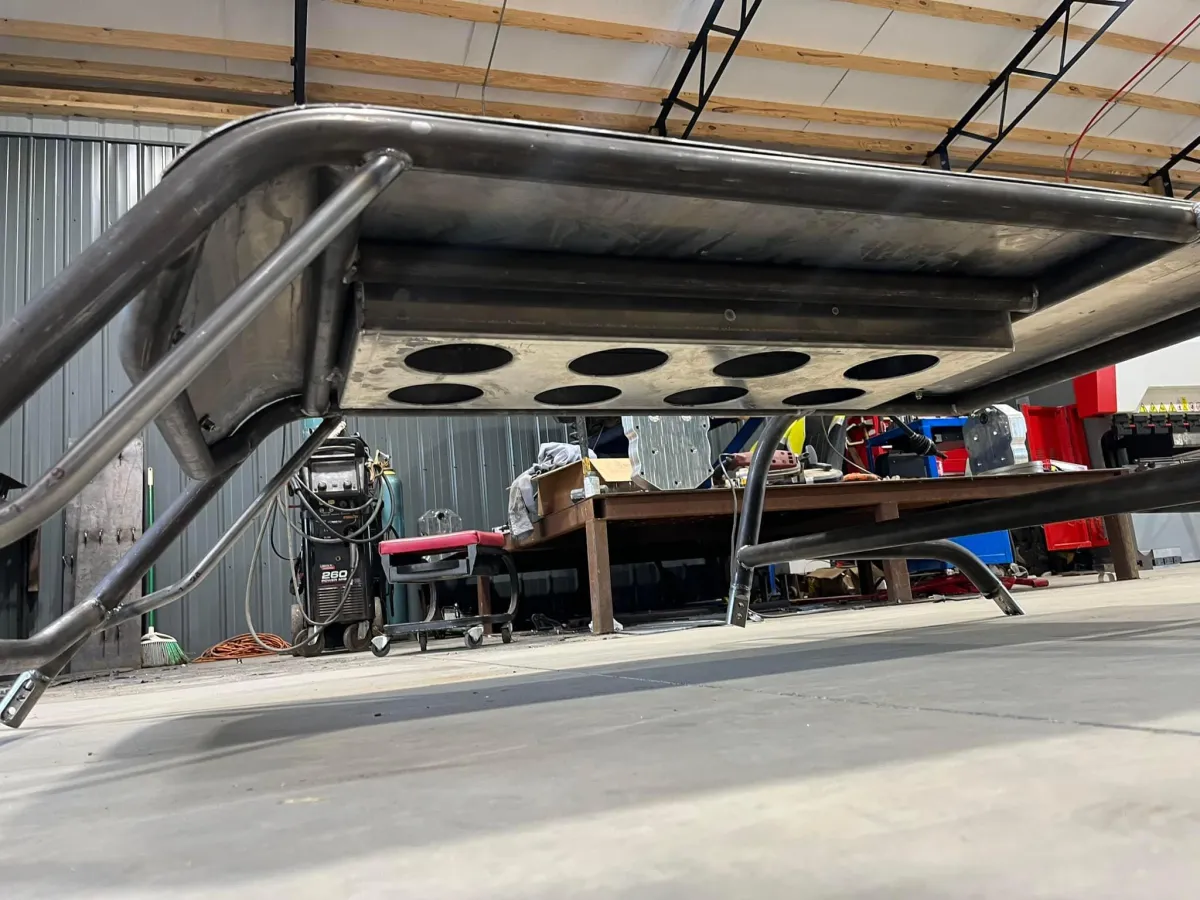
Material Matters More Than You Think
While many assume that "stronger is better" when it comes to roll cage materials, the reality is more complex. The optimal material choice involves balancing several factors:
High-strength chromoly steel isn't always the best choice for every application. In some cases, mild steel's ability to flex and absorb energy can provide better protection in real-world impacts.
Material thickness affects not just strength, but also weight distribution and vehicle handling. A heavier cage up top can raise your center of gravity, potentially increasing rollover risk.
Proper heat treatment after welding is crucial but often overlooked. Even the strongest materials can develop weak points in the heat-affected zones around welds if not properly treated.
The Hidden Importance of Design Geometry
The shape and structure of your roll cage matter as much as the materials used:
Triangulation isn't just for looks. Strategic placement of support tubes creates load paths that distribute impact forces more effectively throughout the cage structure.
Bend radius in tubing corners significantly affects structural integrity. Tighter bends can create stress points and weaken the material, while gradual bends maintain more of the tubing's original strength.
Room for helmet clearance must account for suspension compression and body roll during dynamic situations, not just static measurements.
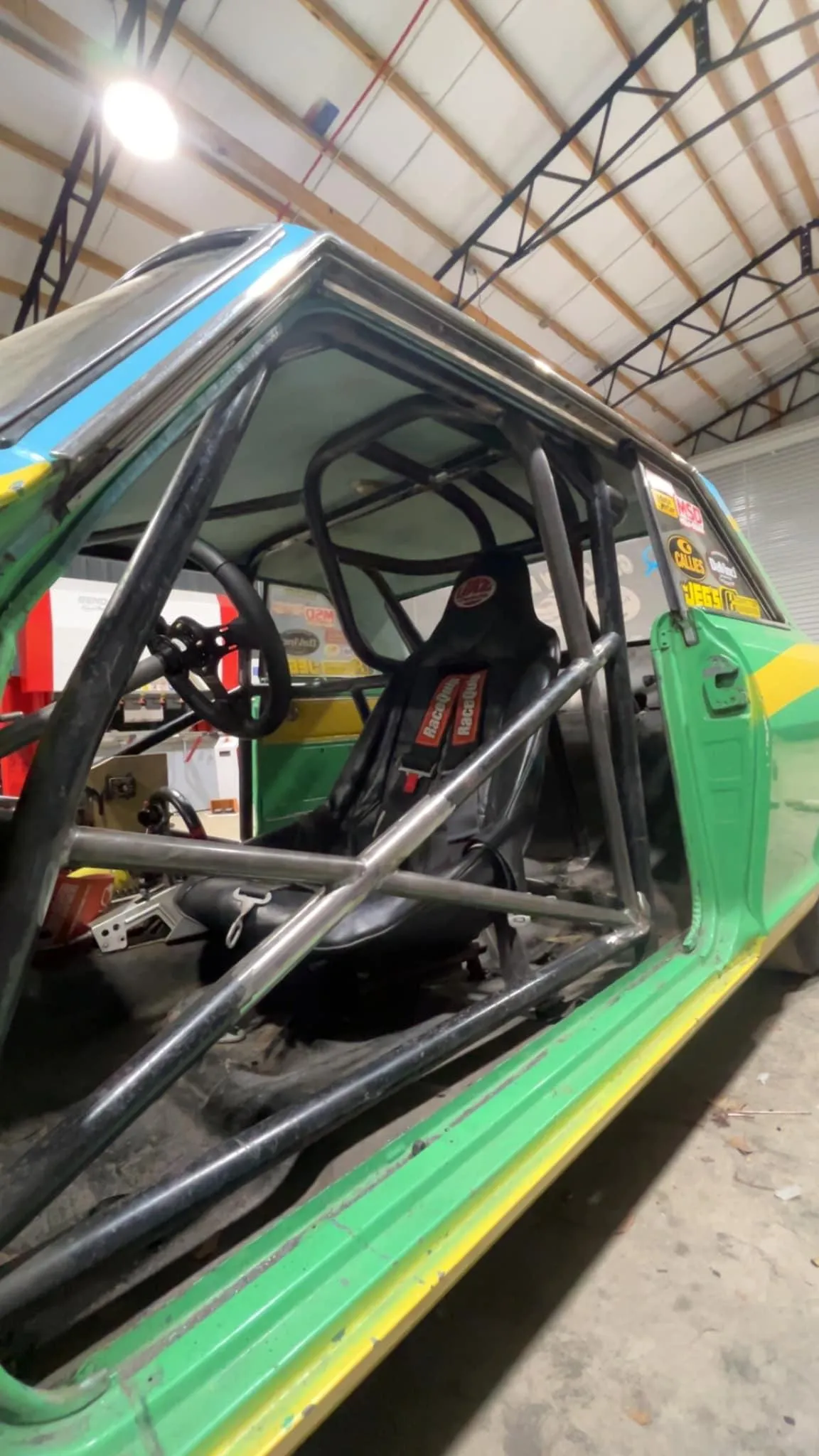
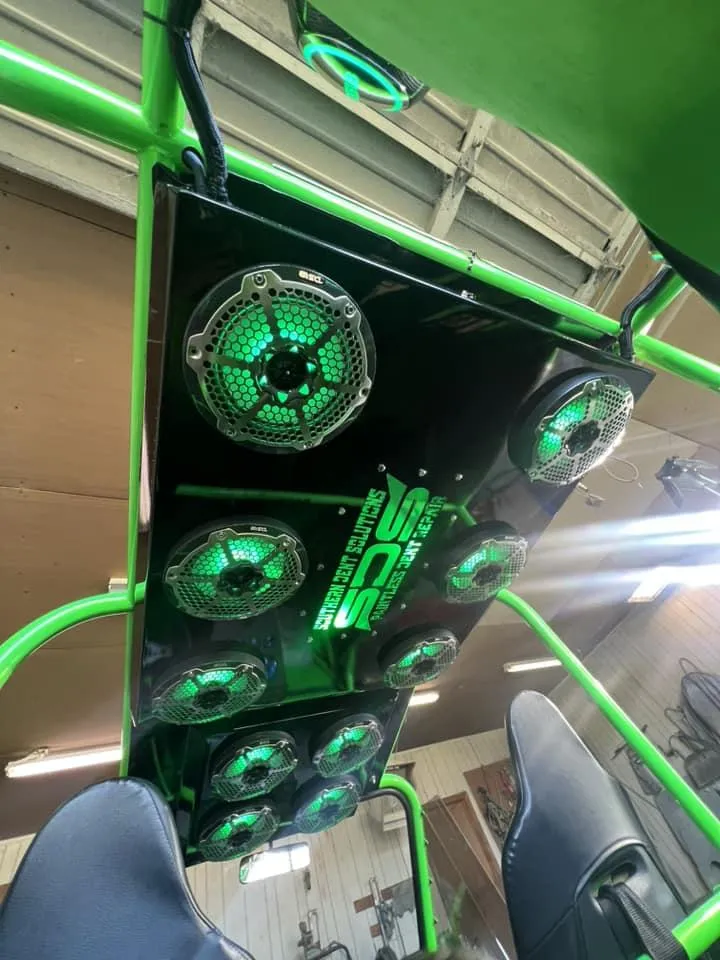
Installation Details That Make a Difference
The way your roll cage connects to your vehicle is crucial:
Mounting plate thickness and size must be properly calculated based on the vehicle's frame material and expected loads. Undersized mounting plates can tear out during impacts.
Grade 8 hardware isn't just a premium option – it's essential for maintaining cage integrity during impacts. Lower grade bolts can shear under sudden stress.
Proper torque specifications must be maintained and checked regularly. Vibration from off-road use can loosen critical mounting hardware over time.
The Cost of Cutting Corners
When it comes to roll cage fabrication, seemingly small compromises can have major consequences:
Using pre-bent tubes or universal fit parts often result in compromised geometry and fitment issues that affect safety performance.
Skipping proper notching and relying on gap-filling with weld material significantly weakens joint strength.
Rushing the fabrication process can lead to warped tubing and residual stresses that compromise the cage's protective capability.
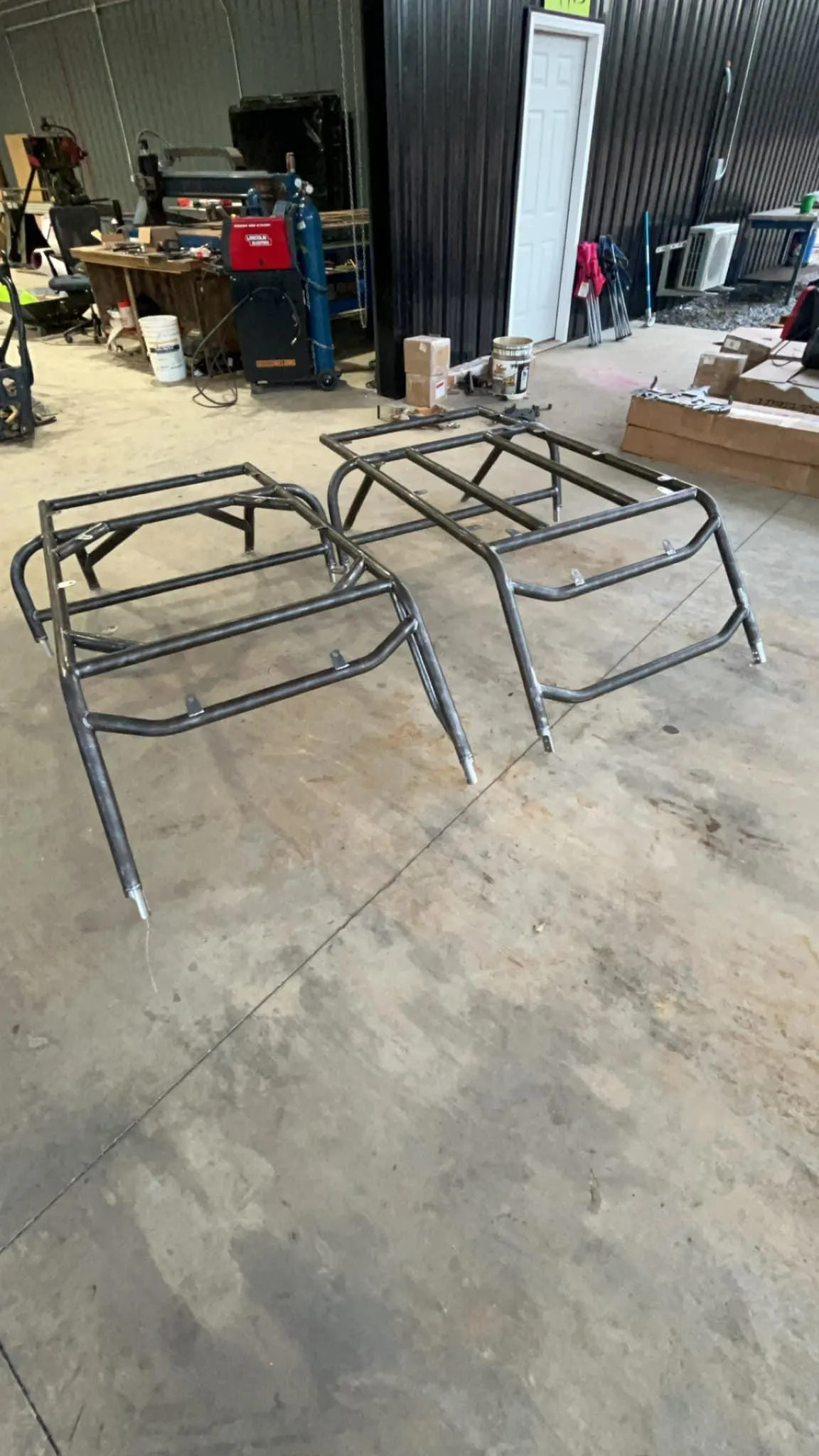
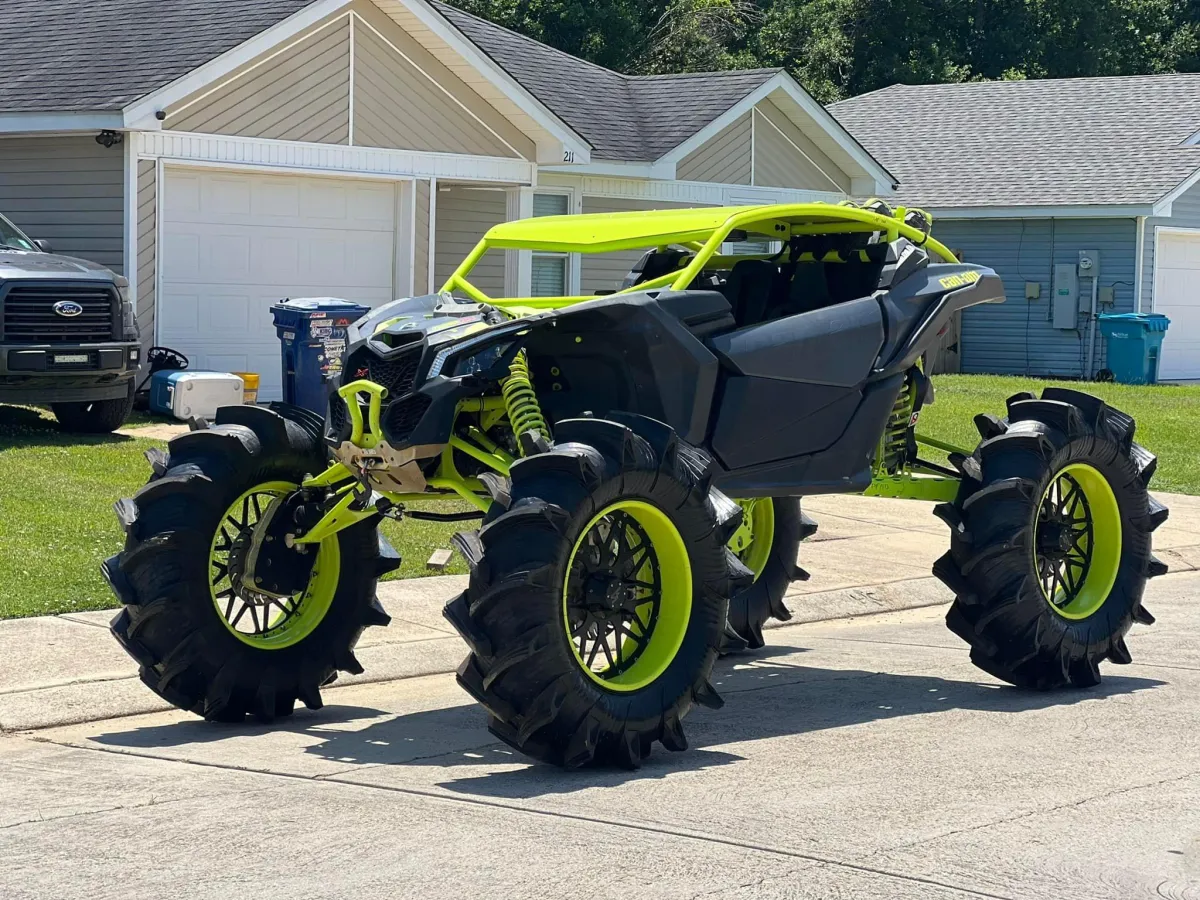
Making an Informed Decision
At PFAB, we believe in educating our customers so they can make informed decisions about their safety equipment. We encourage you to:
Ask questions about design choices and material selection.
Request documentation of material certifications and welding procedures.
Understand the maintenance requirements for your specific cage design.
Consider your actual usage patterns when selecting cage features and options.
Remember: A roll cage is more than just tubes of metal – it's a carefully engineered safety system that could one day be all that stands between you and serious injury. Choose wisely, and don't compromise on quality.
Contact us today to discuss your specific needs and learn more about our custom roll cage solutions.
FAQS
Can you customize parts of my
ATV that I’ve already modified?
Absolutely. We can work with any
existing modifications you have and
take them to the next level.
Our team will assess your current
setup and provide personalized
recommendations to enhance your
ATV’s performance and style.
How long does it typically take
to complete a custom upgrade?
The time frame for completing a custom
upgrade can vary based on the complexity
of the project. Generally, most upgrades
are completed within 1-2 weeks, but we’ll
provide a more specific estimate once we
assess your ATV and your requirements.
Do you offer a warranty or guarantee on
your custom upgrades?
Absolutely! We stand by the quality of our
work and offer a comprehensive warranty on all our custom upgrades.
Details of the warranty can be provided
during your consultation.
Do you offer financing options for
custom upgrades?
We understand that customizing your
ATV can be a significant investment. That’s
why we offer flexible financing options to help
make your dream upgrades more accessible.
Contact us for more details on our financing
plans.
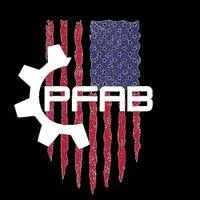
Copyrights 2025 | Performance Fabrication & Machining LLC™ | Privacy Policy | Terms & Conditions
Powered By TrafficTechMSP